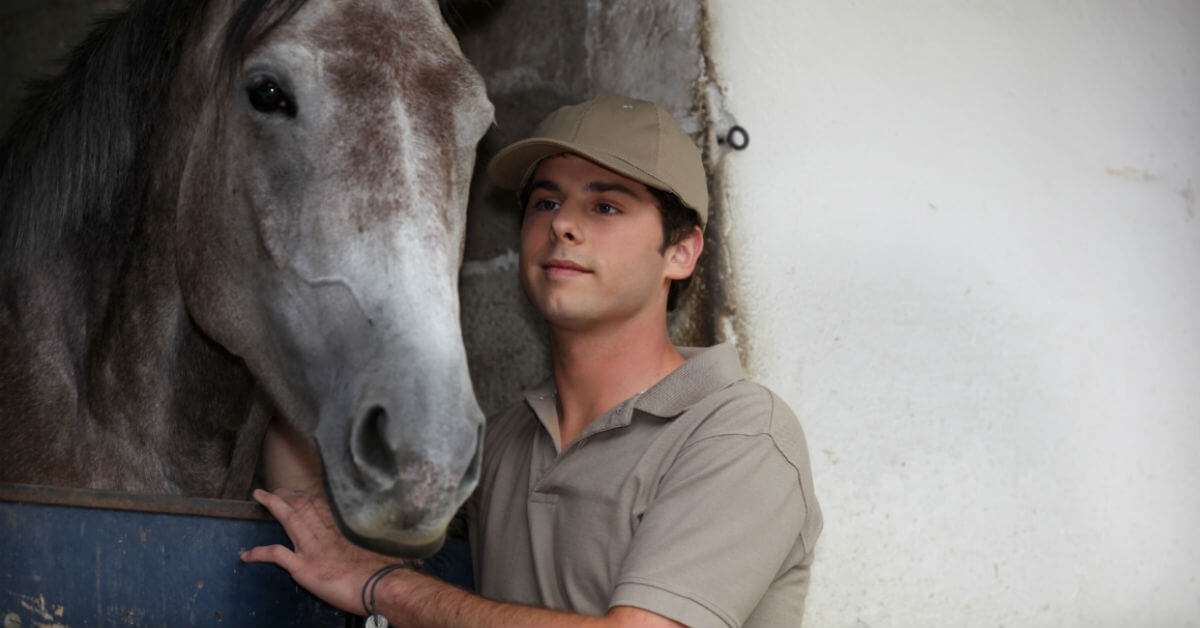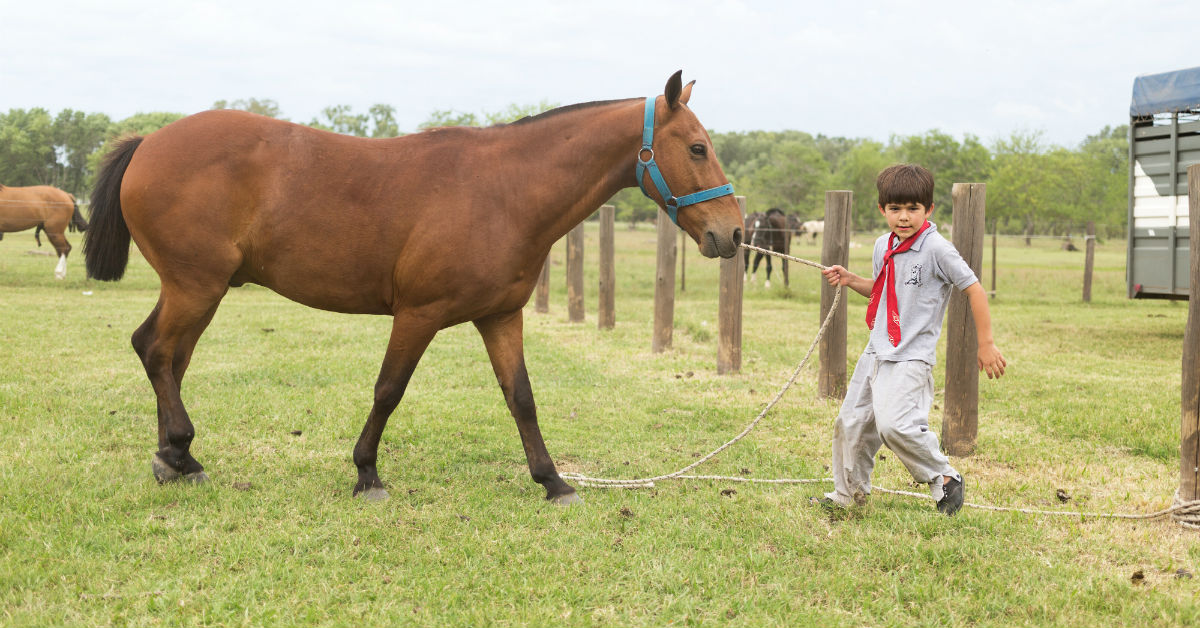Equine therapy is a residential treatment option some parents do not realize exists. Using horses in a therapy setting has been around for many centuries. The benefits of equine therapy for troubled teens cannot be matched by other residential treatment programs.
Why Horses Make Great Counselors
There are few people who would disagree about the majesty of horses. They have a unique presence. It is that presence which makes horses wonderful therapists. A shy teenager will tell things to a horse that he or she may never speak to a human counselor. It is tempting to think talking to a horse is useless. However, for some teens talking to a horse is the first step to being able to talk at all about their troubles. Horses listen without judgement but do know how to respond. They respond with their bodies which forces troubled teens to learn how to read non-verbal cues. Teens who are shy usually know how to react to body language so they feel an instant connection. However teens who do not have a firm grasp on human body language learn it better from the horses than they do from people.
Benefits of Horses As Therapy
Using horses as therapy is a whole body approach which gives troubled teens an outlet as well as increases their self-confidence. One of the biggest benefits of placing troubled teens in an equine therapy program is the horse’s ability to activate all the senses. With traditional therapy, a teen sits in an office and talks, if the counselor is lucky, and the teen listens, or at least pretends to listen. The activity is too passive for most troubled teens. Horses bring the action to the therapy setting that many troubled teens need. Here are some more benefits of equine therapy:
- Improved Social Skills: Troubled teens learn to communicate in new ways when they work with horses.
- Decreased Aggression: Working with horses helps relieve stress and dissipate anger
- Sense of Accomplishment: Learning to care for, work with, and ride a horse brings a positive challenge. Horses can be stubborn so they teach troubled teens to be persistent and work toward goals.
- Physical Fitness: Riding activates the core muscles and improves both fine and gross motor skills.
Is Equine Therapy Right For My Troubled Teen?
Finding the right program for your teen’s personality is a step some parents do not spend enough time on. It is natural to focus on placing the troubled teen in a program as quickly as possible before he or she gets in any more trouble. However, there are some troubled teens who are not going to respond to the traditional residential treatment facility. It is not because the facility is bad or the teen is too far gone for it to have an impact but because the teen needs something different. Teens with Oppositional Defiant Disorder, for example, tend to ‘fail’ in the traditional residential treatment program because they are just hard wired to buck authority. However put that same child in a horse therapy treatment program and the only bucking that happens is by a horse who is not going to put up with that type of defiance. Equine therapy increases the likelihood of a successful outcome for your troubled teen.











0 Comments